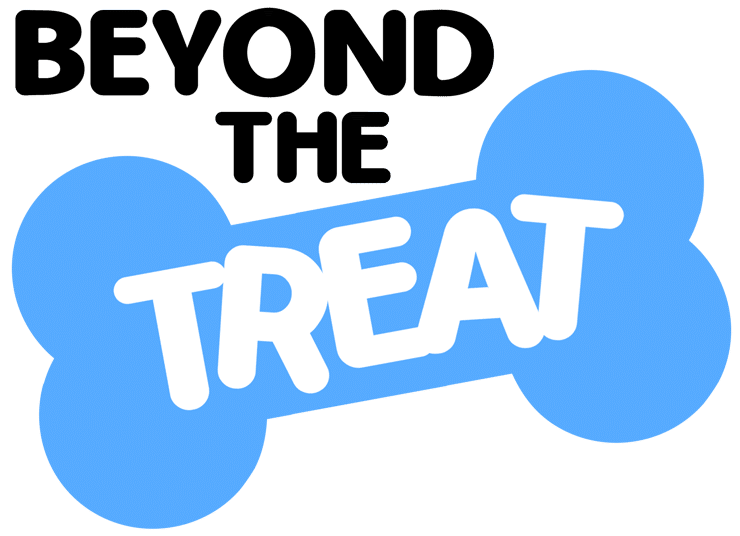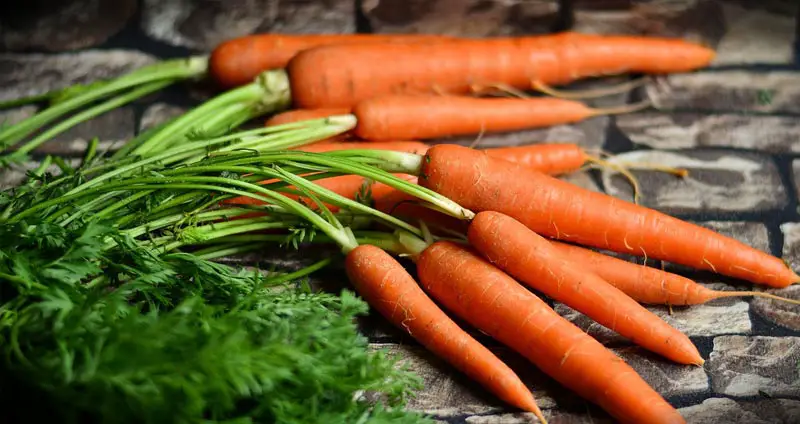Carrots are a very common food in many people’s diets, and it’s pretty clear why that is. Carrots have tons of fiber, beta-carotene, carotenoid, vitamin A, potassium, and other key vitamins and minerals. With all of the health benefits that come with carrots, you may be wondering: Can ferrets eat carrots?
Due to a ferret’s fine-tuned digestive system, you can not feed your ferret carrots. Giving your ferret even a small amount of carrots may result in intestinal distress that can cause both short and long-term complications.
Table of Contents
What Do Ferrets Eat In The Wild?
In order to better understand why ferrets can’t eat carrots, it helps to learn about what they naturally eat in the wild. Over many years, the digestive system of ferrets has been fine-tuned to process all of the food that they eat naturally in the wild.
That’s why it’s so important to match your ferret’s diet to what they eat in the wild — it’s what they’re designed for!
Ferrets are obligate carnivores, meaning that they absolutely need to eat meat in order to survive. This is different from a standard carnivore, which is an animal that eats primarily meat but can eat some plant matter. Ferrets must consume meat in order to get nutrients that are essential to their survival. They can consume plants, but their digestive systems don’t have the ability to process them.
Ferrets consume a wide variety of different animals in the wild, as they eat basically anything that they can catch. Some of the most commonly-eaten animals by ferrets include rabbits, rats, birds, and even snakes. Although the animals that ferrets eat vary greatly, their meat is able to provide ferrets with some great essential nutrients.
Why Are Carrots Not Good For Ferrets?
From reading what ferrets eat in the wild, it’s quite clear why they cannot eat carrots. Because of the fact that ferrets are obligate carnivores, their digestive systems aren’t made to process plant matter. Therefore, if a ferret were to eat a carrot, they couldn’t digest it properly and it could cause serious intestinal distress.
A ferret has a very short digestive system that quickly passes food to make room for new food. Due to this characteristic, food that takes a while to digest, such as fiber and complex carbohydrates, doesn’t have enough time to get broken down properly. A contrast to this is simple animal protein — a food that can be digested quickly and efficiently, especially by ferrets.
Not only would carrots cause intestinal distress, but they also wouldn’t provide any nutritional value to ferrets. Since ferrets can’t digest carrots, they would get absolutely none of the great vitamins and minerals found within the vegetable. Prolonged feeding of foods like this would result in malnourishment.
So, not only are carrots harmful, but they’re also a useless food for ferrets. It’s okay if a ferret manages to get a piece of a carrot, but it shouldn’t be fed as a treat or a staple of a ferret’s diet. They’re too high in fiber, and they also contain too much sugar.
Can Ferrets Have Sugar?
It isn’t possible to give a blanket answer to this question, but it’s easy to know if a certain food that contains sugar is okay for a ferret to eat. If the food or treats that you’re feeding your ferret contain trace amounts of sugar, that’s almost always safe for them to have. However, if you’re feeding your ferret sugar-rich foods, then there are issues that can arise.
To begin with, most sugar-rich foods simply aren’t good for ferrets to eat, even if their didn’t actually contain any sugar. Ferrets are obligate carnivores, so the only foods that they should be eating are animal protein or foods that primarily consist of animal protein, and these protein sources contain virtually no sugar.
So, if your ferret is eating a healthy diet, they shouldn’t be exposed to a lot of sugar at all.
On top of that, sugar can bring about quite a few health complications for ferrets. Ferrets that consume a lot of sugar can experience an increase in their blood sugar, frequently resulting in insulinoma in ferrets aged around 2-3. This condition results in lethargy, weakness, seizures, increased salivation, and teeth grinding. Additionally, sugar can cause weight gain and negative changes to a ferret’s appetite.
Therefore, ferrets will be fine if they happen to eat small amounts of sugar. However, large amounts of sugar, or sugar fed consistently, can definitely result in several health issues that need to be avoided at all costs.
Healthy Carrot Alternatives For Ferrets
Carrots do have a lot of essential vitamins and minerals, so it can be disappointing that they can’t be fed to ferrets. However, that’s just part of ferret ownership! Even though ferrets have sensitive digestive systems, there are ferret foods out there that are tasty, nutritious, and affordable. As the owner, you just have to do the research to find the foods that fulfill a ferret’s specific dietary requirements.
Below are two of the most common treats for ferrets that are very tasty for them and provide them with some great vitamins and minerals.
OUR RECOMMENDATION
8 in 1 FerretVite Vitamin Supplement
If you’re looking to enhance your ferret’s diet, this paste by FerretVite is one of the most popular options.
It stimulates appetite and increases weight gain for ferrets that don’t get enough from their normal food.
It’s also rich in essential fatty acids and taurine to keep your ferret’s skin and coat strong and healthy.
OUR RECOMMENDATION
Marshall Bandits Premium Ferret Treats
Standard treats are also a very easy way to supplement your ferret’s diet and round out their nutrition.
This variety pack helps to keep a ferret’s diet unique and can be used as a reward for good behavior.
While these treats aren’t as focused around nutrition, they’re still protein-based with a lack of fillers.



